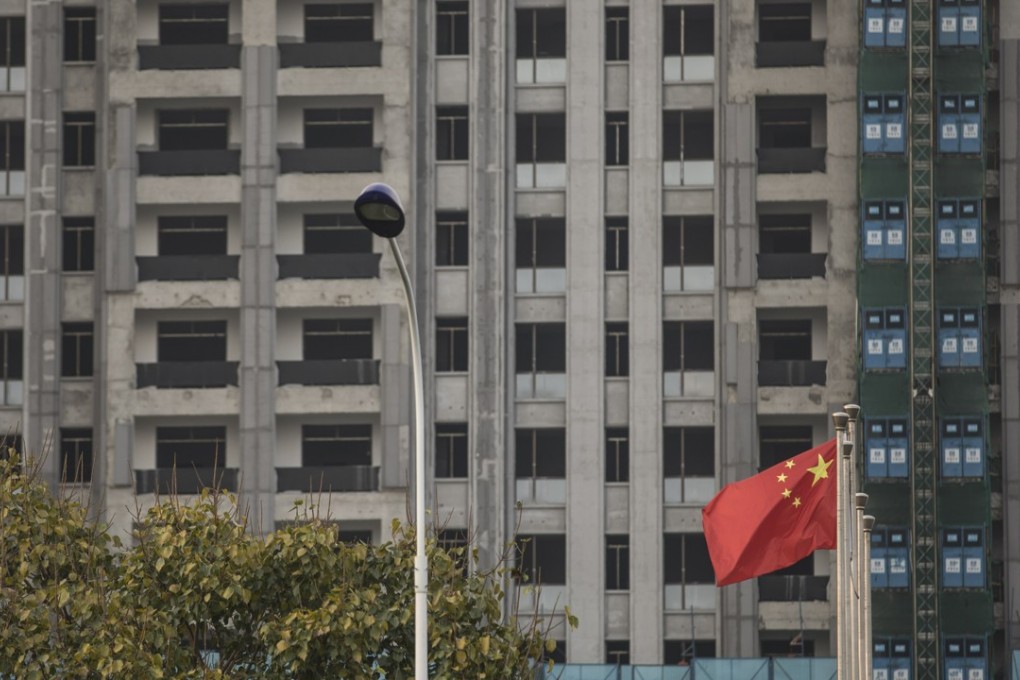China’s property bear market to continue with sentiments deteriorating in coming months, say analysts
- Contracted sales of China’s top 100 developers in October have slowed by 10.5 per cent from September, the slowest pace in four months
- Beijing has stressed it will not relax curbs

China’s property bear market is showing no sign of improvement, with analysts expecting further deterioration in sentiments in the coming months as sales continue to slow and authorities uphold controls on the sector.
Contracted home sales in October grew at the slowest pace in four months after they peaked in July with a 58.1 per cent on the month, according to consultancy CRIC. China’s top 100 developers, which account for two-thirds of the country’s property sales, sold 784.6 billion yuan(US$113.5 billion) worth of properties, representing a 10.5 per cent drop from September, despite a 26.1 per cent year-on-year increase.
Any hopes of Beijing relaxing curbs on the sector to arrest the slowdown were quashed last week when state-owned Xinhua News Agency published a commentary stressing the central government’s resolve to control prices and ensure the stability of the property market.
“There is no ‘golden September, silver October’ this year and the sentiments cooled quickly from just two months ago,” said Lu Wenxi, senior manager of research at Centaline, referring to the big sale season of September and October.
“Previously people thought ‘I’ll take the draw’ as long as there is a chance to buy. Now they think ‘I’ll hold and wait for a while’.”